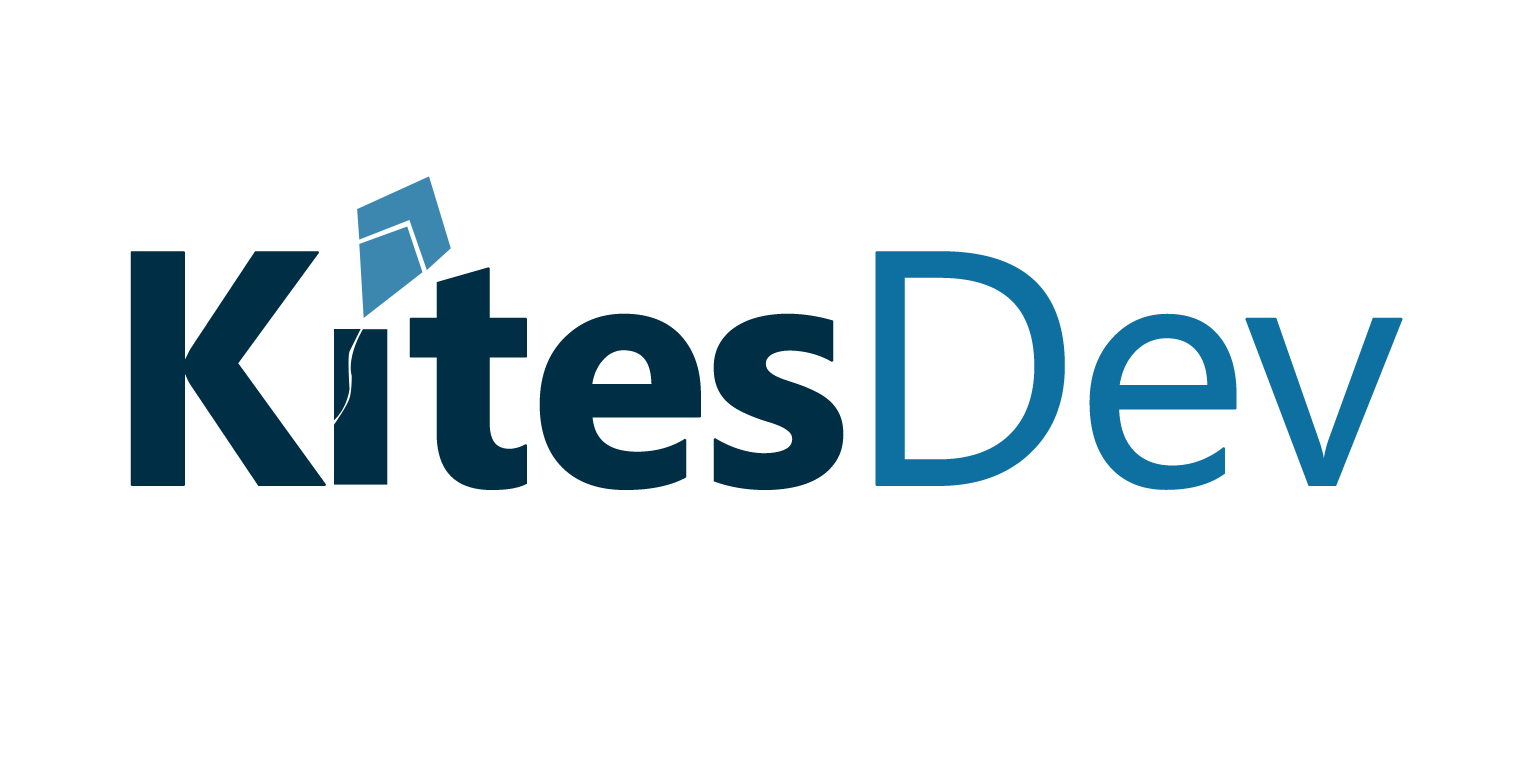The Impact of Artificial Intelligence on the Scientific Method
The scientific method has been the cornerstone of progress in science and technology for centuries. However, the emergence of artificial intelligence (AI) is changing the way research is conducted, with the potential to revolutionize the way science is conducted and the way results are interpreted.
AI is allowing scientists to explore data in much greater depth and breadth than ever before. With the use of AI, scientists can analyze massive datasets in a fraction of the time it would take a human, and identify patterns and correlations that would otherwise be difficult to detect. This has enabled researchers to uncover new insights and discoveries that may have been overlooked by traditional methods. Additionally, AI can be used to automate certain aspects of the scientific process, such as data collection, labeling, and analysis, allowing scientists to focus on more important tasks.
AI is also being used to develop new algorithms and models that can solve complex problems and generate more accurate predictions. For example, AI algorithms have been used to predict the outcome of medical treatments, identify new drugs, and even predict the weather. AI is also being used in fields such as astronomy and cosmology to identify objects in space, and in biology to identify potential treatments for diseases.
The use of AI also has implications for the way scientific results are interpreted. AI algorithms have been used to analyze scientific data in ways that are more objective than what humans can do. This can help scientists draw more reliable conclusions from their data and reduce the potential for bias in the interpretation of results. AI can also help scientists identify patterns and correlations that may not be obvious to the human eye, allowing them to draw better conclusions from their data.
In conclusion, AI has the potential to revolutionize the way science is conducted and the way results are interpreted. AI algorithms can automate certain aspects of the scientific process, uncover new insights and discoveries, and generate more accurate predictions. AI can also help scientists draw more reliable conclusions from their data and reduce the potential for bias in the interpretation of results.




